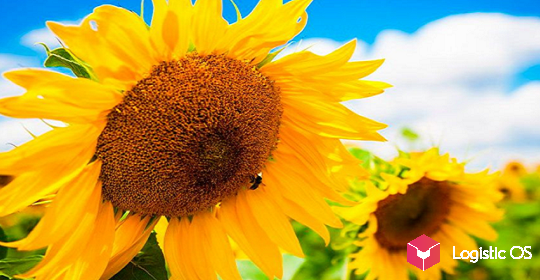Among the most affected regions is the Altai Territory.
As of July 20, 19 appeals from beekeepers were recorded to the Rosselkhoznadzor department for the Altai Territory.
In the course of the studies of dead bees and crops, out of 124 samples of bees and plants, positive reactions to the residual amount of pesticides were obtained in 80 cases.
According to the Rosselkhoznadzor, facts of violations of the regulations in the use of pesticides were revealed: there was no notification about the processing of fields, and treatment with preparations of a high hazard class was also carried out, without specifying the time recommended for isolating bees.
In Russia as a whole, the death of bees was recorded in 14 regions, including Udmurtia, Sverdlovsk and Omsk regions.
The reasons are the same — the treatment of crops by agricultural producers from pests, and, as a result, chemical poisoning.
The last time the mass death of bees was observed in 2019, when almost 30% of the population died. After that, the Ministry of Agriculture worked with farmers and beekeepers to stabilize the situation.
This year, apparently, they stopped talking about the problem, and, in addition, due to the long spring, the flowering of rapeseed was later than usual (namely, at this time the plant is processed from pests), coinciding with the honey flow.
Beekeepers note that the relationship between plant breeders and beekeepers in most regions is poorly established: according to legislative acts, plant breeders notify about the upcoming processing of fields, but it looks something like this: “from May to October, the fields will be sprayed.”
The process of obtaining compensation by beekeepers for the death of bees is complex: conduct an examination in a timely manner, create a commission, and warn the farmer. But even the fulfillment of all these conditions, as a rule, does not allow receiving compensation.

Beekeepers are in a more favorable position, where crop production is poorly developed: there are no crops of melliferous plants, honey is collected only from wild plants.
There must be two-way communication: both beekeepers must conduct business legally, reporting themselves to the administrative authorities, and plant breeders must interact with beekeepers and warn in advance about the real limited time for spraying the fields.
The death of bees is a problem not only for beekeepers, but also for plant growers, including: someone must pollinate the plants …

